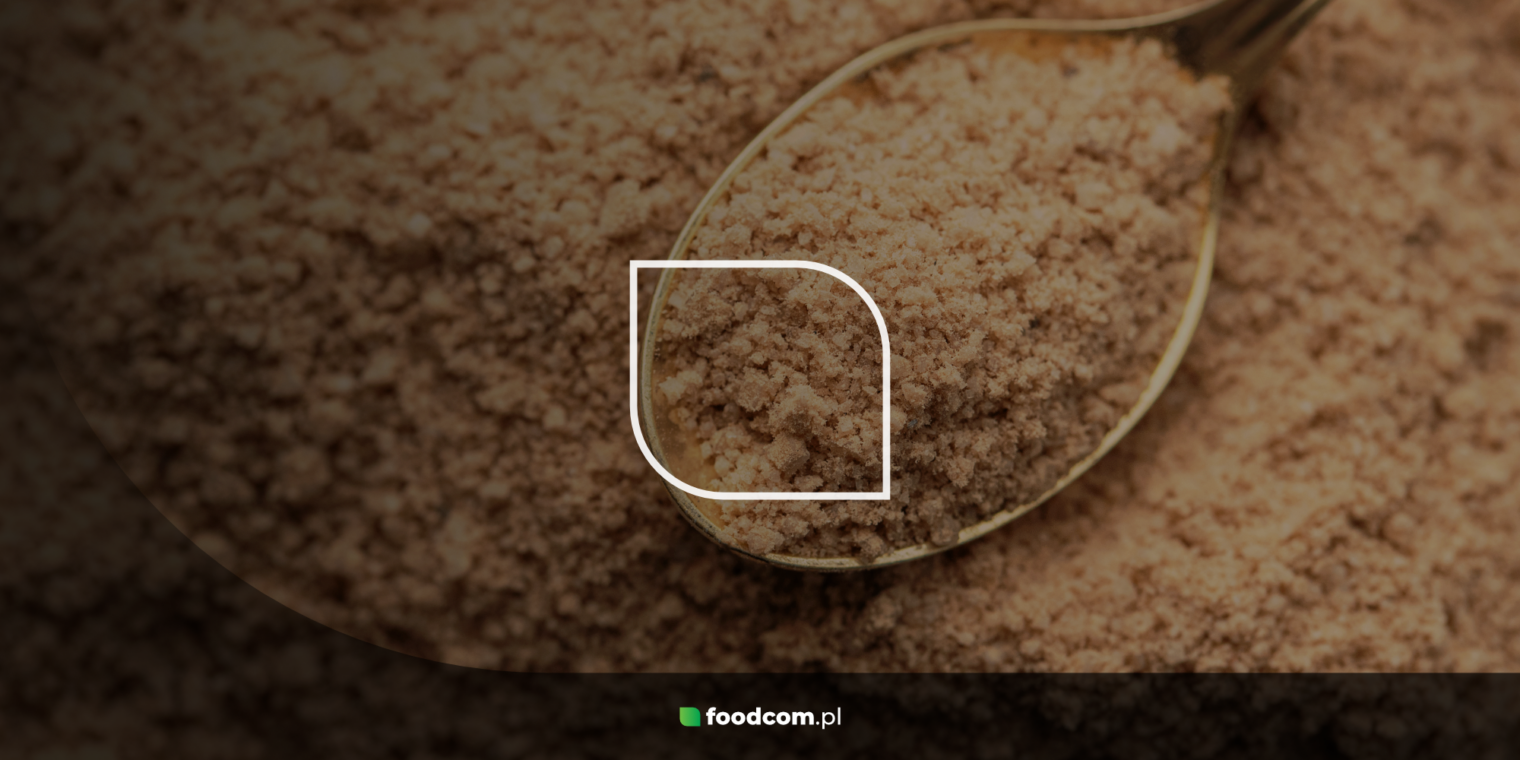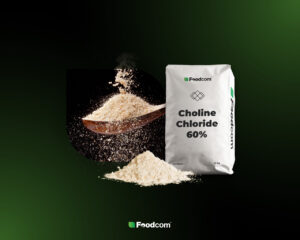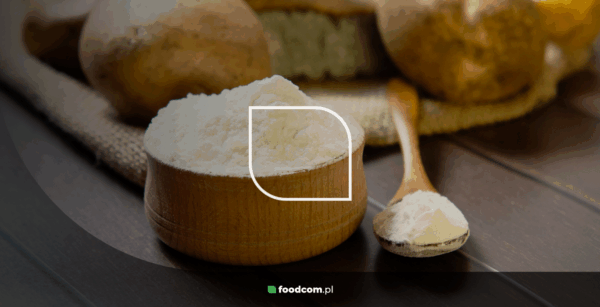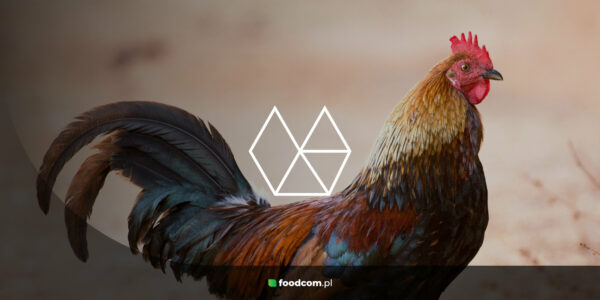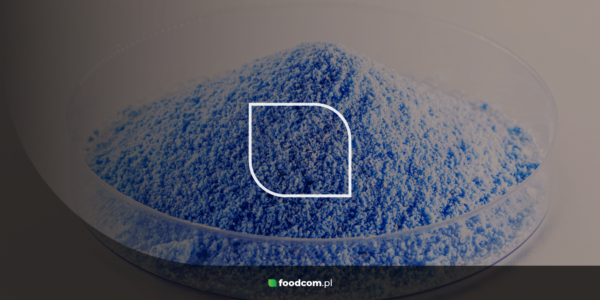- Choline Chloride is known as vitamin B4.
- It has many important functions in the body.
- Choline occurs naturally in wheat germ, fish and nuts, among others.
- It is one of the most valued feed additives.
Choline Chloride plays an important role in animal nutrition. Chloride is a naturally occurring mineral that is important for health. Choline is not technically a vitamin because it does not play a role as an enzyme helper, but it is vitamin-like because of the important helper functions it performs.
Choline Chloride 60% is known as Vitamin B4. The substance is an organic chemical compound that supports the proper functioning of the liver and accelerates the synthesis of acetylcholine. It is also used as an ingredient in animal feed. Choline powder is obtained by spraying and thoroughly mixing aqueous Choline Chloride onto a cereal carrier which is then dried. Continue reading to learn more about Choline Chloride and its applications in poultry feed!
What is Choline Chloride?
To learn more about the use of Choline Chloride in animal nutrition and the effects of this chemical compound on animal welfare, it is necessary to first take a closer look at the substance itself. Choline Chloride is an organic chemical compound consisting of a quaternary ammonium salt and an alcohol.
Industrial Choline Chloride is produced by the chemical reaction of hydrochloric acid with ethylene oxide and trimethylamine. It is one of the most important additives in animal feed. It is especially appreciated by chicken breeders as it accelerates the growth of these birds. Choline Chloride forms a deep eutectic solvent with urea, ethylene glycol, glycerol and many other compounds.
Choline Chloride – properties
The industrial form of Choline Chloride is obtained by carrying out a chemical reaction of hydrochloric acid with ethylene oxide and trimethylamine. The resulting product can take the form of an aqueous solution or powder. The said powder is fine, free-flowing, granular and has a characteristic light brown color. Choline Chloride has a slight smell characteristic of choline. Choline Chloride is a very hygroscopic substance. The shelf life of Choline Chloride 60% is 24 months when stored in closed bags at room temperature. Proper storage of the product is crucial. Bags should be kept tightly closed and protected against moisture.
Choline Chloride – occurrence
Choline Chloride has many important functions in organisms, which is why it is often added to animal feed. However, it is a chemical compound that we can also easily find in nature. Choline naturally occurs in wheat germ, cattle meat, dry pulses, fish and nuts, among other things. Feeds with externally added Choline Chloride are not inferior in quality to those in which the substance occurs naturally, and the possibility of external addition avoids the problems associated with the inability to accurately predict the level of natural choline in the plants used for feed production.
Choline Chloride uses
What is Vitamin B4 used for is a very interesting issue. Choline Chloride supports the immune system of animals. It is also known for its ability to increase fertility, accelerate weight gain and improve the quality of litter eggs. Choline is involved in the formation and maintenance of normal cell structure and controls muscle function, respiratory function, heart function and brain memory. For this reason, Choline Chloride is one of the most appreciated feed additives.
Choline Chloride in poultry feed
Because choline content in natural feeds is inconsistent and its bioavailability cannot be predicted, choline is added externally to feeds. Among other factors, the level of natural choline content in plant feeds is influenced by plant growing conditions, such as climate, variety, soil, and location.
Chicken breeders are well aware of the role of choline in preventing diseases such as perosis and liver enlargement of the birds. It has been a widely used supplement in livestock and poultry nutrition for nearly 100 years. Choline prevents abnormal storage of fat in the liver, which ensures proper body metabolism and efficient utilization of nutrients. It also supports the proper functioning of the nervous system and ensures its harmony.
Choline supplementation allows satisfactory weight gain in chickens and hens, but it is important to adjust the level of supplementation to the species and the current weight of the animal, as excessive supplementation does not provide noticeable benefits and, like anything in excess, may prove harmful.
Why Foodcom?
Our great team of Sales Support will help our Traders conduct the contract and business deals in a smooth and efficient way to ensure the best quality service to all our Business Partners. Our logistics team will take care of transportation and the financial department will be responsible for all matters connected with the financial part of the deal. Do not hesitate! Contact us.
